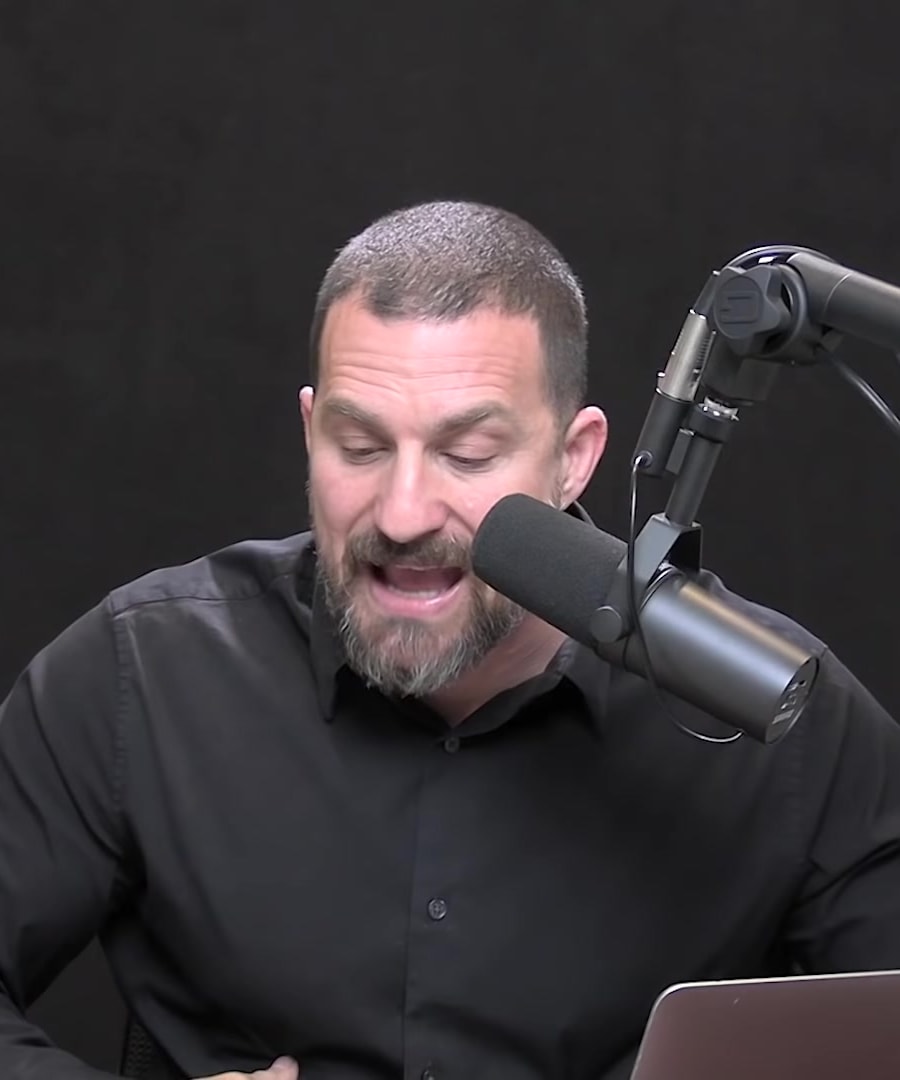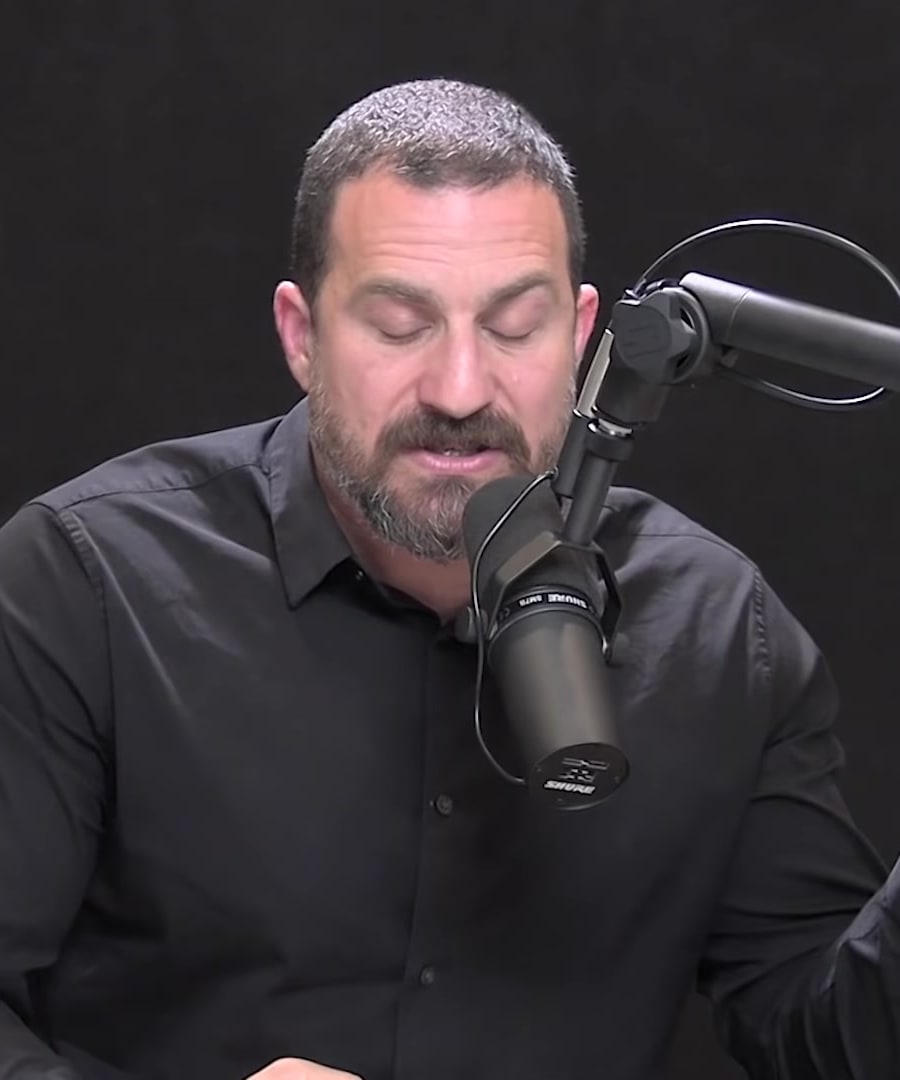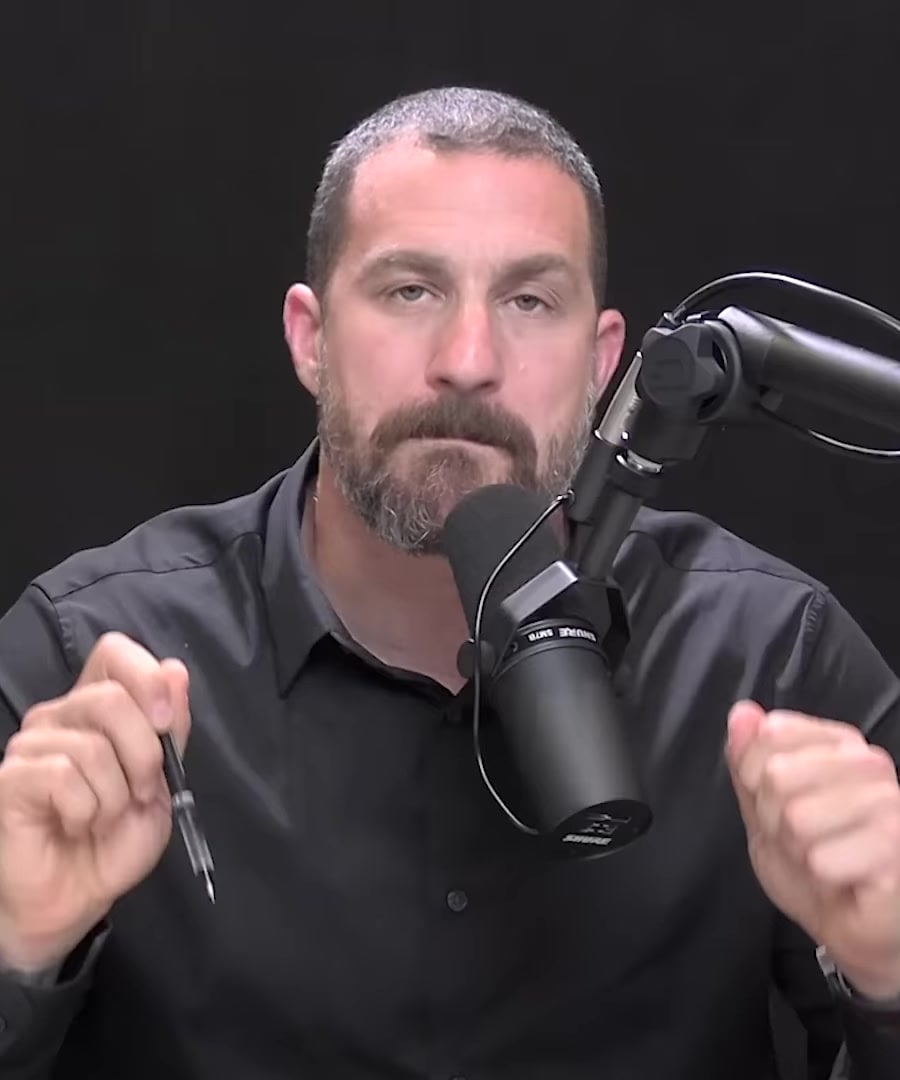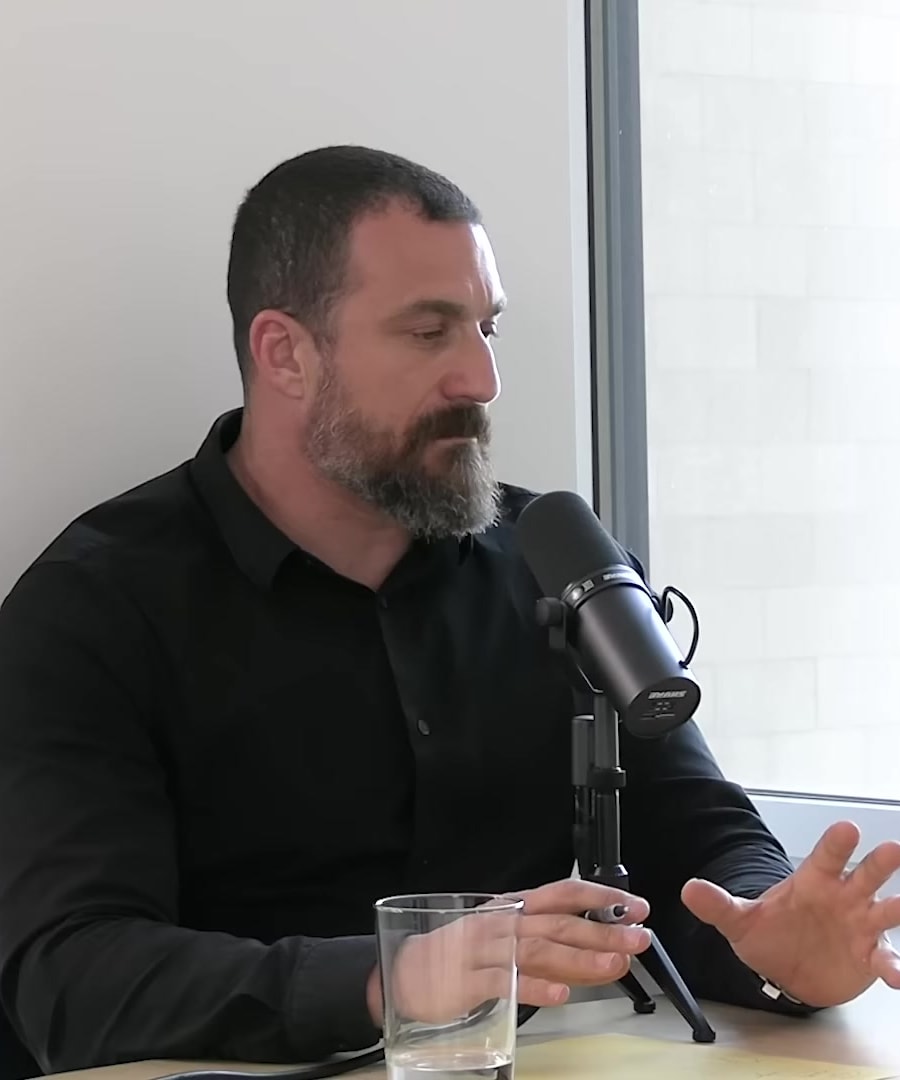Vegas nerve and anxiety
Sources:
The vagus nerve plays a significant role in connecting the brain with various organs, influencing emotional states such as anxiety. It's often misunderstood as being solely responsible for calming the system, but it actually has both calming and stimulating effects depending on which branches are activated.
-
The vagus nerve acts as a major pathway sending signals between the brain and the body. It impacts processes like heart rate and digestion, showing how mental states can influence physical responses. This involves both sensory and motor information, making it a two-way communication system where bodily conditions can alter mental states and vice versa 1 2.
-
It is also associated with modulating anxiety and emotional states by aggregating information from the heart, gut, and lungs. This process influences our mood and emotions, sometimes causing feelings of anxiety or calm depending on the signals 3.
-
Techniques to influence vagal tone, such as controlled breathing and specific physical stimulations, can potentially help manage anxiety and improve emotional regulation. For example, exhaling slowly can increase vagal tone, slowing the heart rate and promoting a calming effect 4.
Understanding and leveraging the vagus nerve's complex interactions and pathways could aid in developing better strategies for managing anxiety disorders 5. This neural network isn't just a single calming mechanism but a multifaceted communication channel within the body.
RELATED QUESTIONS-




